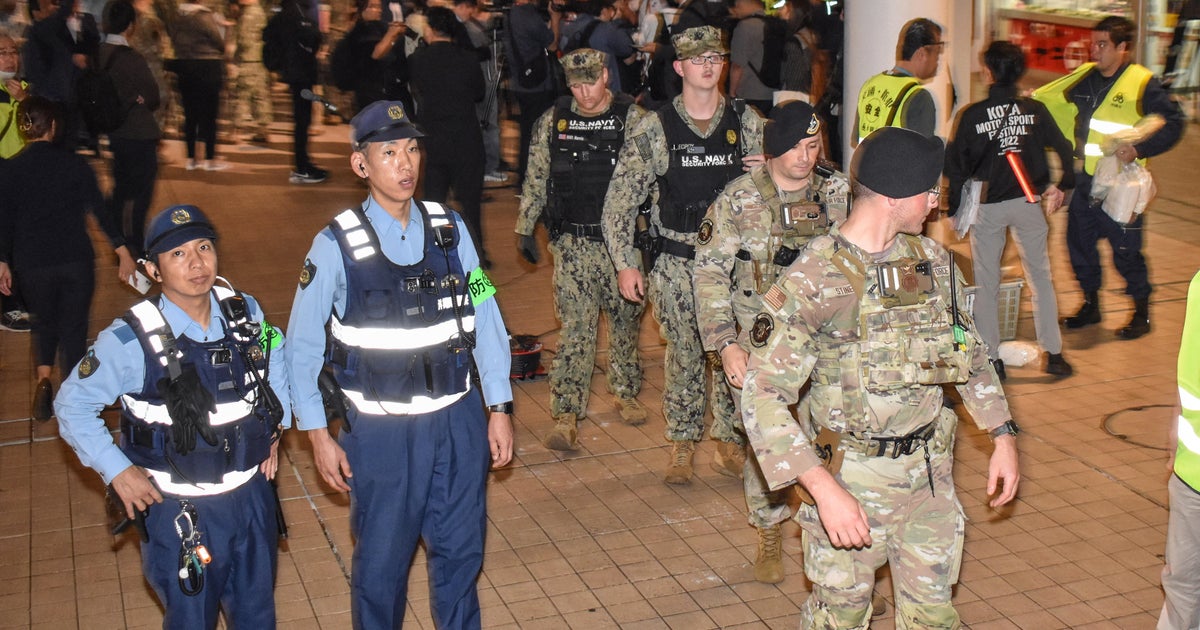Outrage Erupts as U.S. Marines Face Rape Allegations in Okinawa
Two U.S. Marines stationed in Okinawa, Japan, have been accused of sexually assaulting individuals on American military bases, reigniting long-simmering tensions between local residents and U.S. forces. The allegations, reported this week, have triggered protests and demands for justice from Okinawans, who have historically opposed the heavy U.S. military presence due to recurring crimes and accidents linked to personnel.
Historical Context: A Fraught Relationship
Okinawa, home to roughly 70% of U.S. military facilities in Japan, has been a flashpoint for anti-base sentiment for decades. Since the 1995 gang rape of a 12-year-old girl by three U.S. servicemembers, crimes involving military personnel have fueled outrage. Data from the Okinawa Prefectural Police shows:
- Over 600 criminal cases involving U.S. personnel since 2012
- At least 12 sexual assault allegations since 2016
- 72% of Okinawans oppose base expansion (2023 government survey)
“This isn’t an isolated incident—it’s part of a systemic failure,” said Dr. Keiko Itokazu, a political science professor at the University of the Ryukyus. “The Status of Forces Agreement (SOFA) makes prosecutions complex, leaving locals feeling powerless.”
Current Allegations and Immediate Fallout
The accused Marines, whose identities remain undisclosed pending investigation, allegedly assaulted victims in separate incidents last month. While details are scarce due to jurisdictional complexities, Okinawan officials confirm the U.S. military is cooperating with Japanese authorities—a departure from past disputes over legal transparency.
Protests erupted outside Camp Foster and Kadena Air Base, with demonstrators holding signs reading “No More Crimes” and “Protect Our Women.” Local assemblywoman Yuko Mekaru stated, “Every time this happens, apologies follow, but nothing changes. We need concrete action, not just words.”
Legal and Diplomatic Challenges
Under SOFA, U.S. personnel accused of crimes on duty are typically tried in U.S. military courts, a provision critics argue leads to lenient sentences. In 2021, a Marine received just 4 years for attempted rape—a case that sparked revisions to bilateral protocols.
However, retired Colonel David Maxwell, a security analyst, cautions against oversimplification: “The military has a vested interest in maintaining discipline. Courts-martial can impose severe penalties, but perceptions of bias persist due to closed proceedings.”
Broader Implications for U.S.-Japan Relations
The timing is delicate, with Japan recently expanding defense ties under its new security strategy. Prime Minister Fumio Kishida faces pressure to address Okinawan grievances without destabilizing the alliance. Meanwhile, U.S. Forces Japan announced a base-wide “stand-down” for ethics training—a move skeptics dismiss as damage control.
Key developments to watch:
- Whether suspects will face Japanese courts (rare under SOFA)
- Potential revisions to bilateral crime protocols
- Impact on planned base relocations within Okinawa
Voices from the Ground: A Community’s Resolve
At a town hall meeting in Ginowan, residents shared harrowing accounts of harassment near bases. “My daughter won’t walk alone after dark,” said bakery owner Hiroshi Arakaki. “We’re treated like collateral damage for ‘regional security.’”
Yet some emphasize collaboration. Former Marine turned activist Jon Mitchell notes, “Many servicemembers respect Okinawa. The focus should be on rooting out offenders while preserving partnerships that benefit both sides.”
What Comes Next?
With investigations ongoing, Okinawa’s governor has demanded stricter oversight, including nighttime curfews for personnel. The U.S. Embassy pledged “full accountability,” but for many, trust remains broken. As tensions escalate, the incidents underscore a pressing need for systemic reforms—not just reactive measures.
For updates on this developing story or to share your perspective, contact our editorial team or follow our dedicated coverage.
See more NY Times Report


